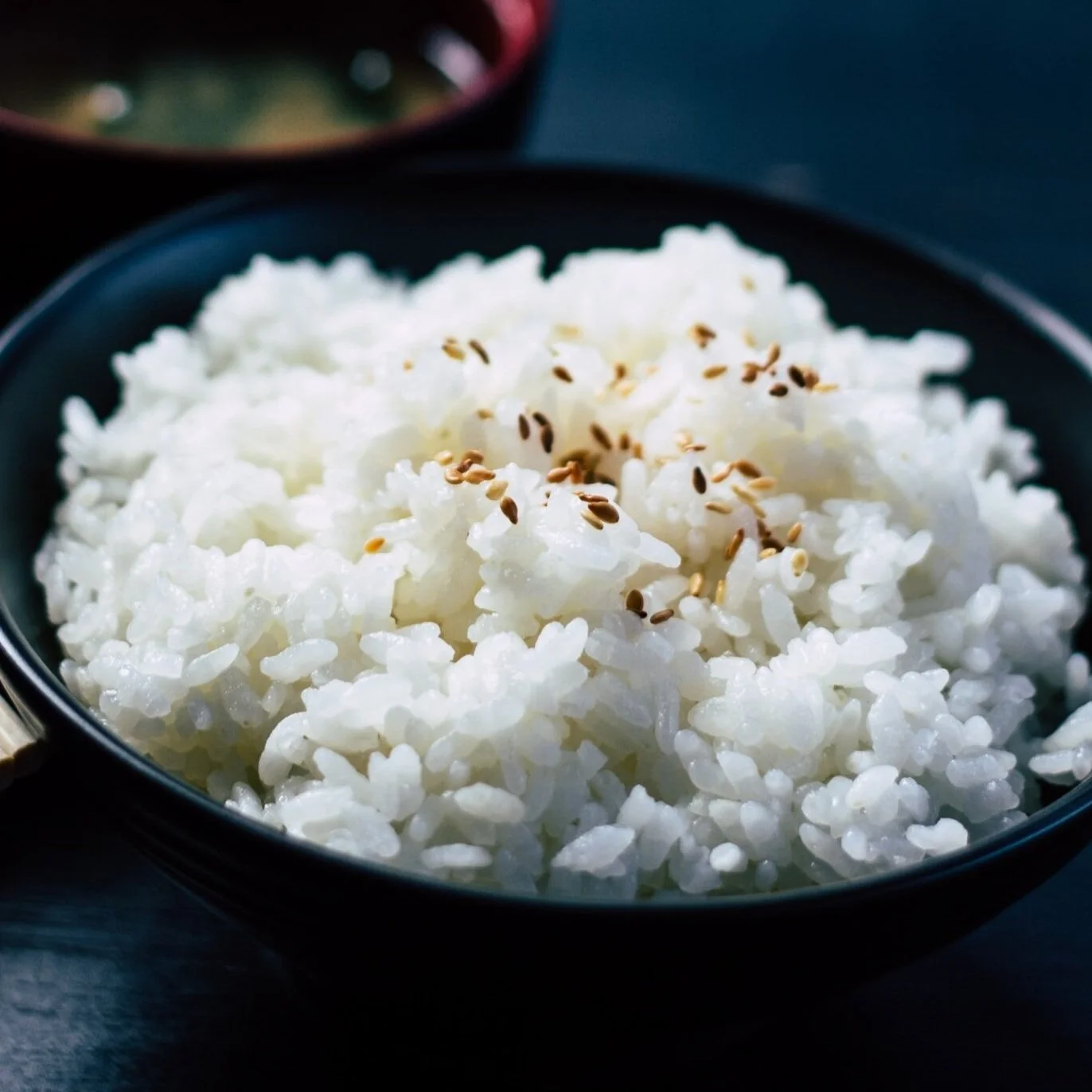Why You Should Not Feed Your Dog Rice
Reasons Not To Feed Your Dog Rice
Why Your Dog Doesn’t Need Rice
Many of you are electing to add rice and a protein source to your dog’s kibble thinking you’re increasing nutrition. You are not really helping though your intentions are good. Today’s kibble diets are already high in carbohydrates. I’ve seen some exceed 50% carbohydrate — adding rice to that diet is a recipe for inflammation and possible disease. Just don’t veggie choices and proteins or raw meaty bones are better.
Here are several reasons to avoid feeding your dog rice.
Kibble diets and homemade recipes with a rice foundationmay contribute to your dog’s obesity, diabetes, pancreatitis, or cancer.
Rice is considered to be high in arsenic and long-term exposure could be putting your dog at increased risk of cancer, vascular disease, high blood pressure, heart disease, diabetes, neurotoxicity, and canine cognitive disfunction.
Rice has been shown to be relatively high in arsenic. We know that there are some levels of “acceptable arsenic” in food sources, even for human ingestion. But dogs are smaller beings than we are. In 2014, Consumer Reports updated information about the suggested recommendations for children & babies — it was much lower than before. For children, 1 serving per week. For babies — it was suggested to find something else. https://www.helsinki.fi/en/news/life-sciences/dogs-eating-rice-based-dry-dog-foods-could-be-risk-chronic-arsenic-exposure
Rice comes with a very high glycemic index. Rice and other carbs in this category create a spike in blood sugar.
Rice has very little nutritional value. Because it offers little nutrient synthetic vitamins and minerals are often added into the diet to compensate. Remember the body doesn’t handle synthetics well. It’s a cheap ingredient, fills the recipe in a cost effective way.
Rice is inflammatory. This will compound issues with joint health and GI inflammation.
Rice and other starches will feed yeast in your dog’s diet.
Rice is not appropriate for dogs with allergies.
Rice binds to zinc and may prevent your dog for absorbing zinc properly. Thus, creating a zinc deficiency that may contribute to skin and ear infections.
Rice reduces taurine concentrations in blood.
Rice may contain mycotoxins, and aflatoxins — mold and fungus and carcinogens.
Rice is typically GMO and farmed with pesticides
Contrary to popular opinion — Chicken and Rice bland diets are not a good option for your unhealthy pet or when trying to address GI upset. Read More On Why I Won’t Feed or Recommend Chicken and Rice — and What you can do instead.

